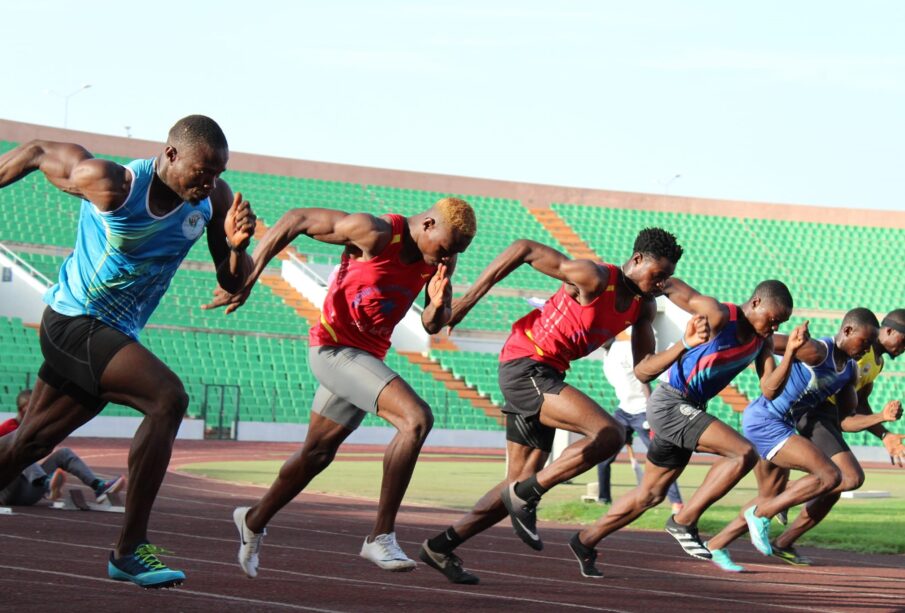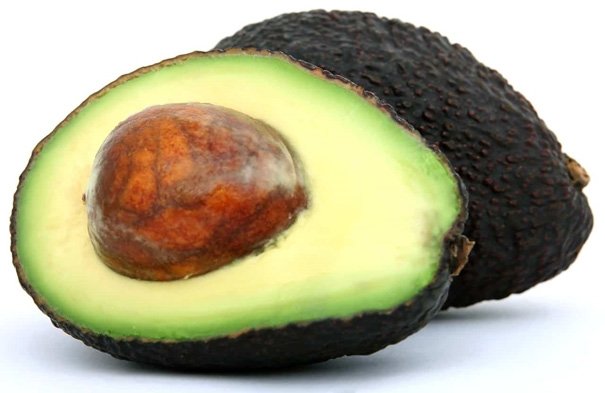2025/2026 University Games: FENASU allocates 25 million CFA francs to fight against doping

The fight against doping promotes healthy performance.
The announcement was recently made in Yaoundé during the eighth edition of the Federal Council of the National University Sports Federation (FENASU).
The fight against doping will be at the heart of the 2025/2026 edition of the University Games. Now planned in two phases, namely: the zonal phase and the national finals, this competition will bring together thousands of athletes from Cameroon’s national universities and private higher education institutes. Faced with the expected flow of competitors, the members of the Federal Council of the National University Sports Federation (FENASU) meeting in ordinary session on Wednesday, January 29, 2025 in Yaoundé have opted to focus on the fight against doping. Thus, the budget allocated to this section has increased from 1 million CFA francs given during the last edition of the competition to 25 million CFA francs.
This significant increase in the budget will allow the person in charge of this section to raise awareness among athletes before and during the competition about the dangers of doping in universities in particular and in the world of sport in general; Control and take samples from athletes during the competition and analyze the samples in a laboratory approved by the body in charge of the fight against doping at the level of the International University Sports Federation.
“The teams assigned to this task will have, in addition to awareness, the samples to take. As you know, the samples are taken randomly depending on the physiology, morphology and performance of the athlete on the field. If the athlete is questioned by the team in charge of this section, he is required to go to the sampling room. So, there is a whole protocol as well as the sampling instruments, particularly by urine. Subsequently, there are conservation and storage methods before sending the data collected to a laboratory approved by the world body in charge of doping in sport. It is this body that will send the results. The analysis of the data collected can take three to four months. If the results are positive, the athlete who won may have his medal withdrawn and administrative sanctions may follow,” explains Samuel Nzona’a, Head of Communication at FENASU.
This initiative of the National Federation of University Sports aims to promote the performance of athletes in a healthy climate. “For there to be good performances, these performances must be healthy. The budget allocated to doping on the occasion of this edition of the University Games shows the interest shown by the top management of Fenasu for the health of the athletes who take part in our competitions. It is already good to observe that there is a structure that will be there to ensure doping control during competitions. This will help to avoid cheating,” argues Samuel Nzona’a.
As a reminder, doping is a practice which consists of absorbing chemical substances, using medical procedures defined by organizations or ad hoc or modifying tools linked to a sporting practice in order to increase performance.
Junior NTEPPE KASSI















